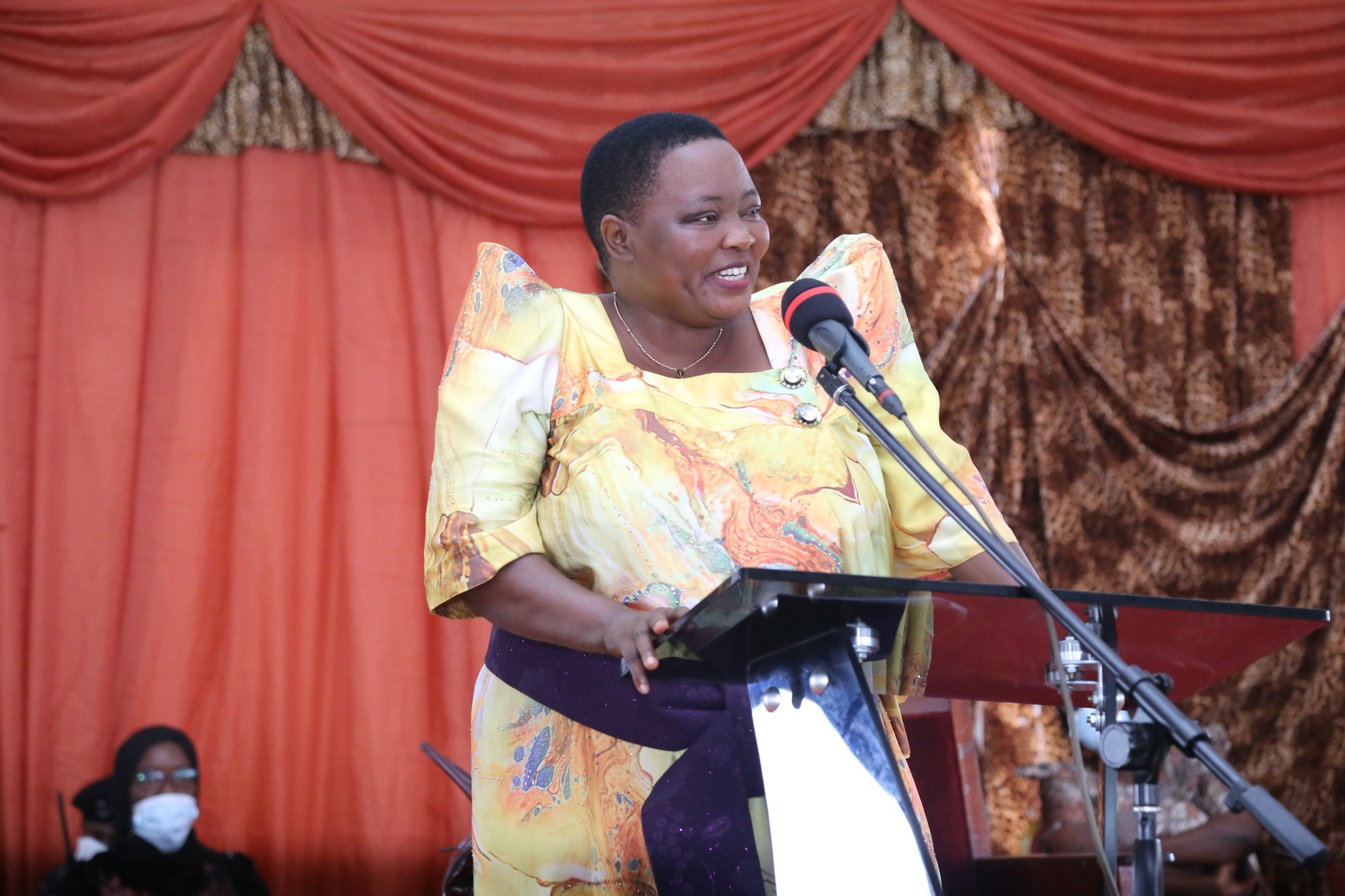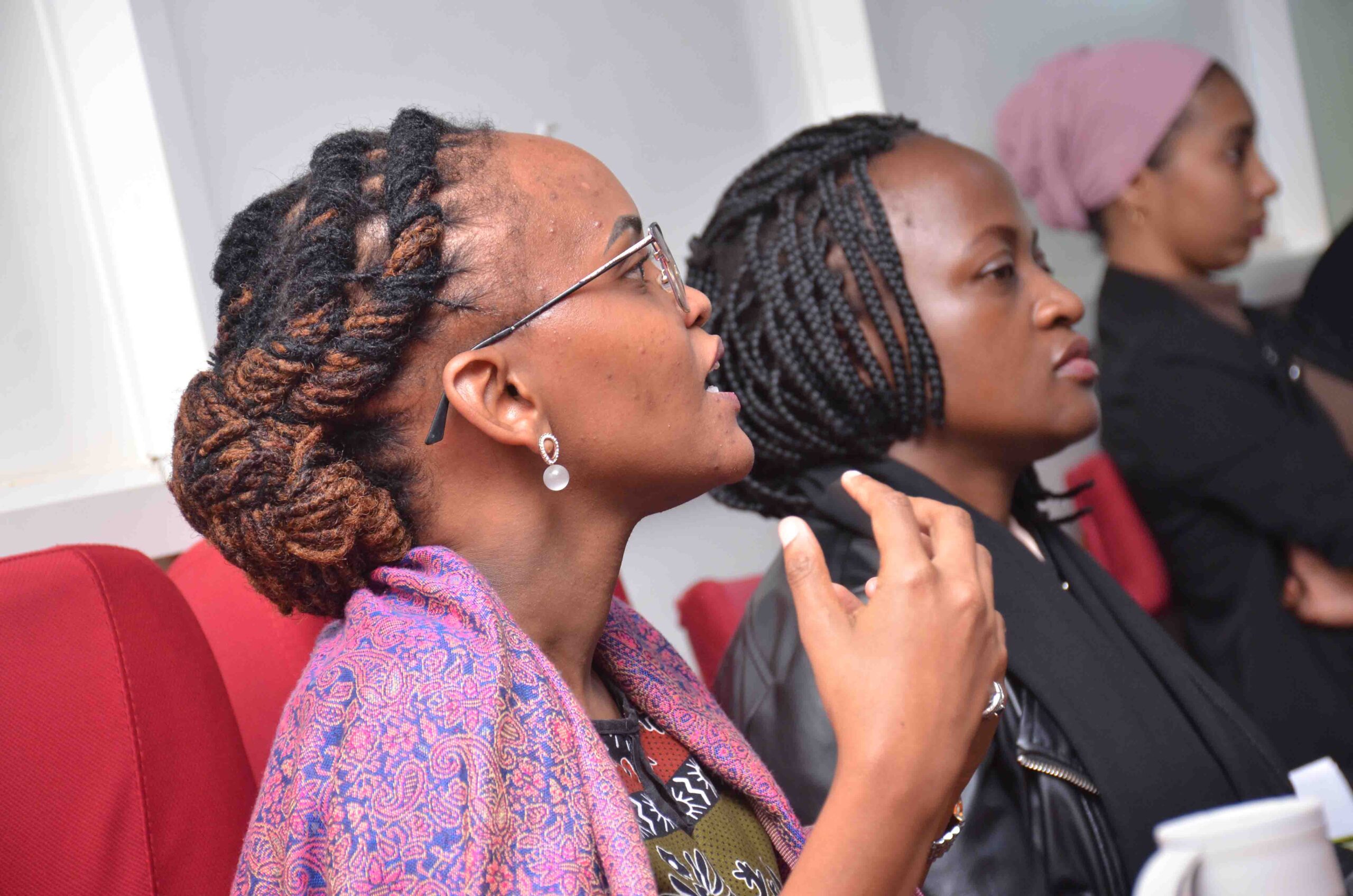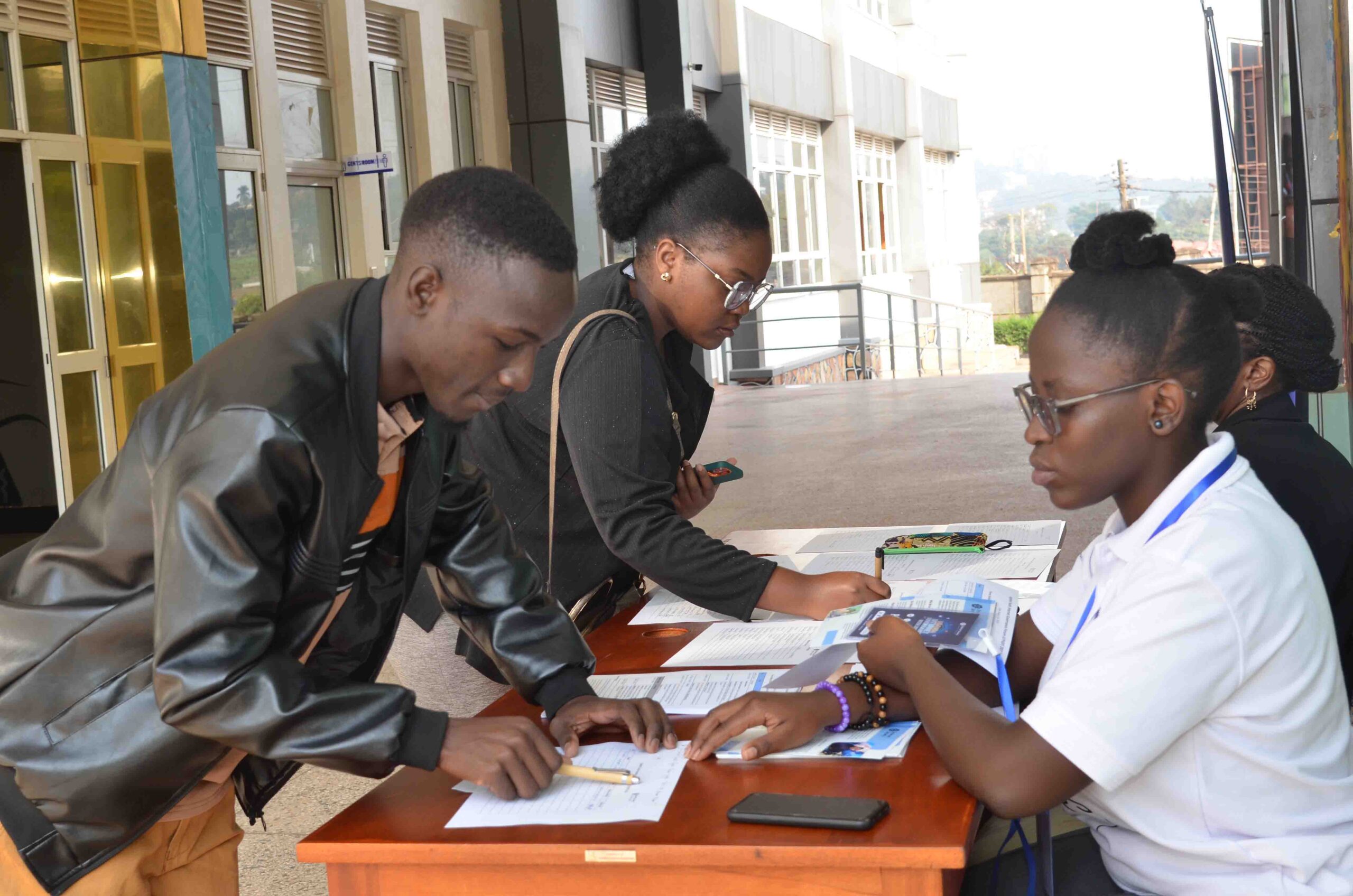Challenges and Triumphs in the Midst of Uganda’s COVID-19 Lockdown
Doreen and her baby stand outside the efiug shelter in Nansana as she awaits to attend family court.
As Uganda navigates the 45th day of a nationwide lockdown, the impact on healthcare access and delivery has been profound. For many, the struggle to obtain essential medications and services has become increasingly challenging. In this context, the Eliezah Foundation Initiative (EFI) has emerged as a beacon of hope, ensuring that critical HIV services continue despite the obstacles.
“I have so far delivered 96 sets of antiretroviral medicine to colleagues across three districts while some of my workmates are still making deliveries,” shared one of the delivery team members. “This was one of the major and emergency issues handled by the Department of Gender to ensure that community group members who register for medicine delivery receive it without missing a dosage.”
The dedication of EFI’s team has been a lifeline for many, including an extension beneficiary who lamented, “I survived on a loan-supported business. My produce might as well just be useless now, and I can’t sell it to repay the loan. I have children to feed, and my health has just deteriorated. I don’t know what I would do if this medicine was not delivered.”
The ongoing lockdown, addressed for the 13th time by President Yoweri Museveni, has eased some restrictions, allowing wholesalers and hardware shops to open. However, public and private transport remains restricted, creating significant barriers for healthcare providers and patients alike. Many healthcare workers face challenges such as lack of transport, security issues, and insufficient medical supplies, preventing them from reaching their workplaces and providing essential services.
“Eliezah Foundation has provided us the hope we needed,” said Nakalema Noreen, a mother of three living with HIV. “Our worry now remains with the lack of food to eat, which might affect our ability to maintain a healthy immune system. We may need to go back to work so we can fend for ourselves and our families.” Noreen’s experience is a reflection of the broader struggles faced by thousands of women impacted by COVID-19 both financially and physically.
Dr. Sophia Nakinga, Programmes Manager for HIV at EFI, highlighted another pressing concern: “We have a big problem with PEP. We do not even know how to help the huge number of women threatened with exposure. Our teams are working closely with our partners to ensure that the timelines for PEP are always within reach for our people.”
In the next 14 days of the lockdown, EFI will continue onsite HIV Testing and Counseling (HTC) services, anticipating extended support from partners to bring services closer to communities. “We encourage all group members to call in and place their requests for deliveries because ART adherence is crucial in recovery processes,” emphasized Dr. Sophie.
Despite the numerous challenges, the Eliezah Foundation Initiative’s relentless efforts ensure that vital healthcare services reach those in need, offering a lifeline to many during these trying times.



